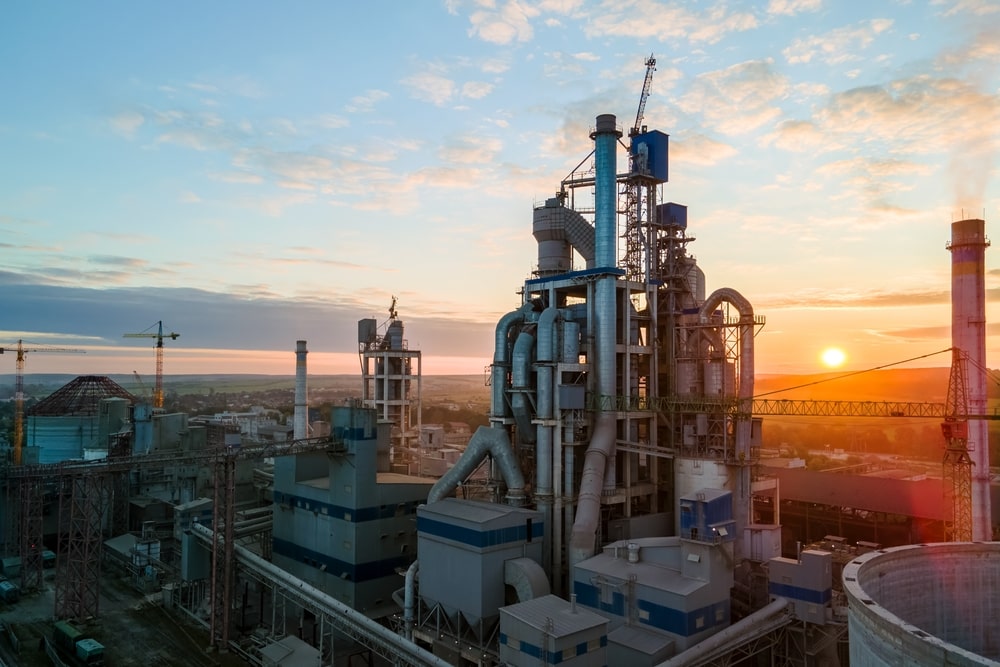News - Construction News
WCA President highlights profound changes in the worldwide Cement Industry

The President of the World Cement Association (WCA), Mr. Wei Rushan, has addressed members to highlight the significant transformations shaping the global cement industry. Emphasising the need for innovation, sustainability, and collaboration, he called on industry stakeholders to embrace the evolving economic, regulatory, and geopolitical challenges ahead.
“The cement industry is experiencing profound changes, with businesses managing overcapacity and upgrading, balancing sustainable development with short-term survival, and weighing social responsibility against shareholder returns,” stated Mr. Wei Rushan. “While each region faces unique challenges, our shared focus remains on driving sustainable growth, embracing technological advancements, and tackling climate change.”
As outlined in the WCA’s recent White Paper, global cement demand is expected to decline by 22% by 2050. In established markets like Europe and North America, price increases are expected to persist, while in some emerging markets, prices may experience a short-term decline. However, from a long-term perspective, we expect emerging market to remain dynamic and resilient.
Key Regional Developments:
Multinational companies are adjusting their strategies and scaling back cement business, focusing instead on North America. Meanwhile cement production in Europe continues to decline due to strict CO2 regulations and necessary capacity reductions, driving up cement prices. Efforts to address overcapacity in China and Japan have led to significant consolidation and restructuring.
In contrast, cement production in India is rapidly expanding, with more than 200 million tons produced. Indian companies are strengthening their domestic leadership, while multinational companies are exiting this high-potential market.
Globally, regional leaders are gaining influence, except in Europe and North America, where European multinationals continue to dominate. Chinese cement producers and other independent companies are aggressively expanding, particularly in Africa and Southeast Asia, solidifying their market presence.
Addressing Global Challenges:
Mr. Wei identifies overcapacity as a major challenge facing the industry today. As a global representative for the cement industry, the WCA is willing to work with producers and stakeholders to explore ways to modernise and upgrade outdated plants. “To remain both profitable and environmentally responsible, the cement industry must aim to reduce capacity by 50%, from 4.7 billion tons to 2.3 billion tons within the next decade. This requires focusing on modern, sustainable production units.”
He also noted carbon reduction and carbon neutrality as another key challenge. Although progress has been made through Carbon Capture and Storage (CCS) technologies, Mr. Wei acknowledged the high costs and energy intensity of these solutions.
“Cement plays a crucial role in building sustainable infrastructure,” Mr. Wei continued. “By accelerating innovation, adopting low-carbon technologies, and fostering global collaboration, we can ensure cement remains an environmentally responsible material.”
The WCA urges industry stakeholders worldwide to act now by adopting sustainable practices, embracing innovation, and redefining cement industry norms. For more details and to access the full white paper, please visit here.
If you would like to read more stories like this, then please click here
Related Articles
More News
- Ayesa–Egis JV wins key role on HS2 track systems contract
27 Feb 26
The engineering consultancies will provide services for the delivery of track infrastructure for HS2.
- Britain’s growth sectors to get major skills boost from new ‘fast track’ apprenticeships reforms
26 Feb 26
The UK Government has introduced a set of reforms aimed at accelerating the development and
- MPs Call for End to Rail Investment ‘Boom and Bust’
25 Feb 26
Transport Committee report highlights damaging uncertainty for construction sector, with industry experiencing worst conditions in






